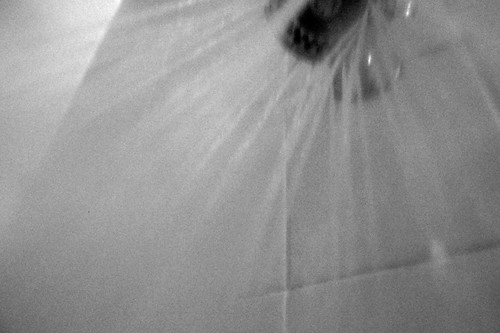Up early this morning, I’ve been reading about folks who are trying to capture elusive creativity and untangle tough problems by taking a shower (via cloudy thinking) or other means of disengaging conscious thought. This notion of a creative pause is defined by Lajos Székely “as the time interval which begins when the thinker interrupts conscious preoccupation with an unsolved problem, and ends when the solution to the problem unexpectedly appears in consciousness.”

Conscious thought is overrated. I don’t believe that our brains stop working on something just because we leave the office, switch tasks, or even go to sleep. Electrons keep traveling around our brains exploring connections and sometimes a connection is made that is so startling or so right that it breaks into conscious thought.
I’m unexpectedly reminded of Utah Phillips, folk singer and labor organizer, who once noted that we give our brain over to someone else for 8 hours a day and expect it back unmodified. Work-life balance is a precarious notion. I believe we do have some conscious control over which problems we solve in the shower. And I hope only some of them are not in the service of the corporation or client we are currently working for.
